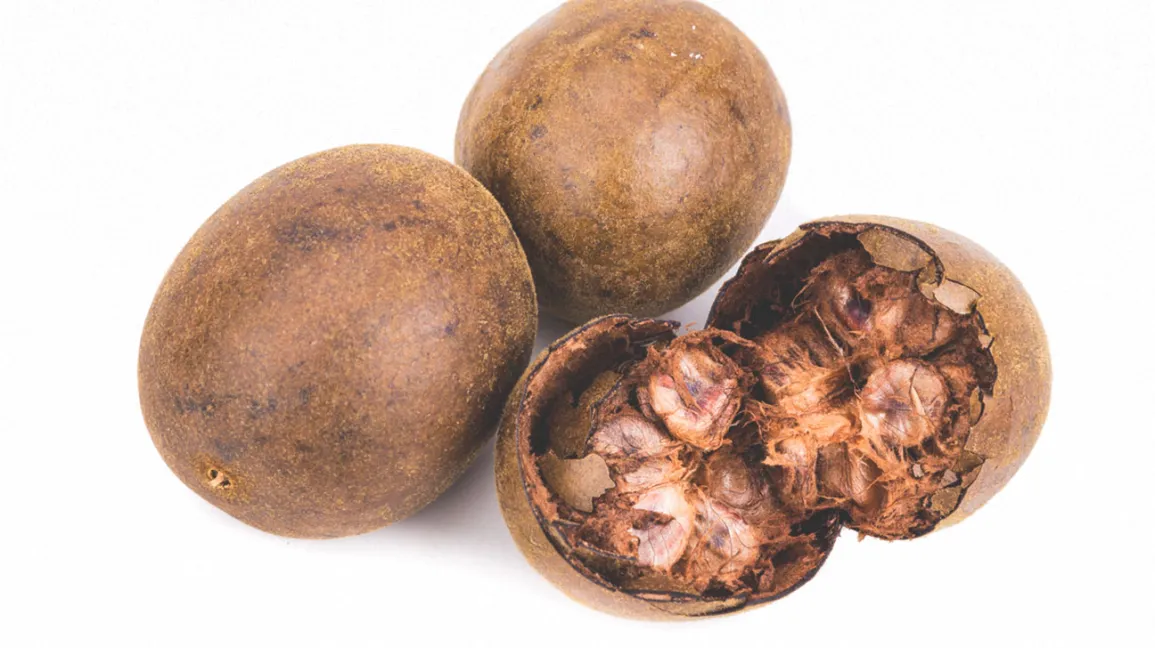Monk fruit, also known as Luo Han Guo, is a small green melon-like fruit native to southern China. It has gained popularity in recent years as a natural sweetener due to its zero-calorie content and low glycemic index. As a dog owner, you may be wondering if it is safe to share this sweet treat with your furry friend. In this article, we will explore whether dogs can eat monk fruit and discuss any potential risks or benefits associated with it.
Is Monk Fruit Safe for Dogs?
While monk fruit is generally considered safe for human consumption, the same cannot be said for dogs. Dogs have different digestive systems and metabolic processes compared to humans, making certain foods that are safe for us potentially harmful to them. As of now, there is limited research on the effects of monk fruit specifically on dogs, so it is best to err on the side of caution and avoid feeding it to your canine companion.

Potential Risks of Feeding Monk Fruit to Dogs
One of the main concerns with monk fruit and dogs is its natural sweetness. Monk fruit contains compounds called mogrosides, which are intensely sweet. While this may seem appealing, excessive sweetness can be problematic for dogs. Consuming foods that are too sweet can lead to an upset stomach, diarrhea, or even pancreatitis in some cases.
Additionally, some monk fruit products may contain additives or sweeteners that are toxic to dogs. For example, certain sugar substitutes like xylitol can be extremely dangerous for dogs and can cause a sudden drop in blood sugar levels, leading to seizures or even death. It is crucial to read ingredient labels carefully and avoid any monk fruit products that contain harmful additives.
Benefits of Monk Fruit for Dogs
Although monk fruit may not be suitable for direct consumption by dogs, it does have potential benefits when used as an ingredient in dog-friendly products. Some pet food manufacturers incorporate monk fruit extract as a natural sweetener in their recipes. These products are specifically formulated to meet the nutritional needs of dogs and ensure their safety.
Alternatives to Monk Fruit for Dogs
If you are looking for natural sweeteners to incorporate into your dog’s diet, there are safer alternatives to monk fruit. Fruits like apples, bananas, and berries can provide a sweet and healthy treat for your furry friend. However, it is essential to remember that moderation is key, as too much sugar, even from natural sources, can lead to weight gain and other health issues in dogs.
Conclusion
In conclusion, while monk fruit may be a safe and healthy sweetener for humans, it is not recommended for dogs. The potential risks associated with its intense sweetness and the possibility of harmful additives make it best to avoid feeding monk fruit directly to your canine companion. Instead, opt for dog-friendly products that have been specifically formulated to meet their nutritional needs.
FAQs
1. Can monk fruit cause pancreatitis in dogs?
While there is no direct evidence linking monk fruit to pancreatitis in dogs, the intense sweetness of monk fruit can potentially trigger this condition. It is best to avoid feeding monk fruit to dogs to prevent any potential risks.
2. Are there any monk fruit products that are safe for dogs?
Some pet food manufacturers incorporate monk fruit extract as a natural sweetener in their dog-friendly products. These products are formulated to meet the nutritional needs of dogs and ensure their safety.
3. Can dogs have other natural sweeteners instead of monk fruit?
Yes, there are safer alternatives to monk fruit for dogs. Fruits like apples, bananas, and berries can provide a sweet and healthy treat for your furry friend. However, moderation is key to prevent excessive sugar intake.
4. Is monk fruit toxic to dogs?
Monk fruit itself is not toxic to dogs. However, some monk fruit products may contain additives or sweeteners that are toxic to dogs, such as xylitol. It is crucial to read ingredient labels carefully and avoid any harmful additives.
5. Can dogs develop an allergy to monk fruit?
While allergies to monk fruit are rare in dogs, it is still possible for individual dogs to have an adverse reaction. If you notice any signs of an allergic reaction, such as itching, swelling, or difficulty breathing, consult your veterinarian immediately.

